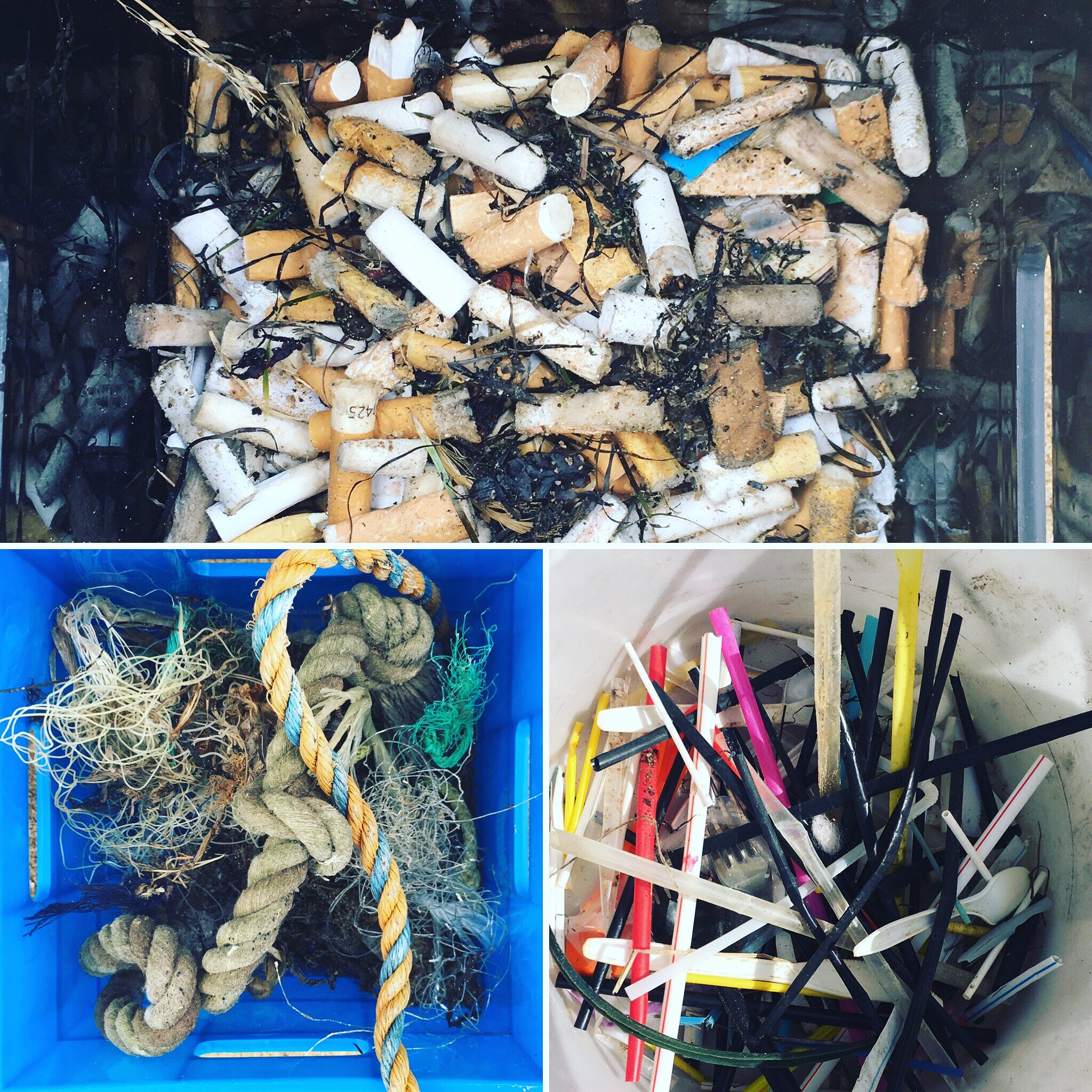
Online and Virtual Education Programs
The Marine Mammal Foundation offers a range of unique and innovative online and virtual education programs for primary and secondary students.
Our Marine Science Online self-guided courses provide the opportunity for students to engage in extended units of inquiry. The course explores the Australian marine environment, the marine mammals that call it home, threatening processes including plastics and marine debris, and tools for sustainable change.
Our Virtual Incursions, presented in a live webinar by MMF educators, allow students to engage in MMF’s unique education programs no matter the schools location. With four innovative and engaging programs to chose from we cover a number of marine science related and sustainability areas.
All online and virtual education programs align with the current Victorian and Australian science curriculum, address cross-curriculum priorities and general capabilities, and support opportunities for integrated curriculum learning.
Our online and virtual programs are delivered via safe online platforms and provide students and teachers with the resources required for meaningful learning experiences. Options for single-session or multiple-session workshops are available.
Online Courses
Marine Science Education Online Course
Primary School 8-module course
Secondary School 12-module course
Virtual Programs
Populations
Marvellous Marine Mammals
Sustainability in a Changing World
Marine Litter Project
Marine Science Education Online Course
Our flagship online course, MMF’s Marine Science Online course, is a first-of-a-kind marine science education course designed for robust self-guided student learning. Through this interactive 8-module primary school course, and 12-module course secondary school course, students will be introduced to marine environments and the marine mammals who live within them, including the Burrunan dolphin. The course will also explore the impact of litter and marine debris on marine environments, why plastics are so prevalent in the modern world, and how what happens in our local environments can have wide-reaching impacts. The course will also identify strategies that are being used both locally and across the world to address the litter issue, and support the agency of students to implement these initiatives within local school communities.
Each module within the course contains easy to follow animations, relevant written content for students to explore, interactive learning activities, and in-built student assessment. Leaning outcomes align with the United Nations Sustainable Development Goals, along with both the Victorian and Australian science curriculum, cross-curriculum priorities and general capabilities, and opportunities for integrated curriculum learning.
The Marine Science Online course can be undertaken in a short two-week lesson sequence or extended 10-week unit. Options for supplementary and additional learning material and virtual classroom activities with MMF educators are also available to support teacher delivery and student learning.
Virtual Programs
Populations
Our Populations program provides students with the unique opportunity to engage in MMF research, become dolphin researchers and investigate Burrunan dolphin populations. In this program, students explore population biology, and the biotic, abiotic and anthropogenic impacts on populations. For the practical activity, students use MMF’s Burrunan dolphin catalogue to explore Burrunan dolphin sighting data, identify individual Burrunan dolphins using MMF’s fin-ID methodology, and interpret the data to answer biological questions about the population.
This program is most suitable for Secondary, but can be adapted for Primary.
Marvellous Marine Mammals
Dive into our Marvellous Marine Mammals program, and discover the incredible marine mammal diversity found within Australian and Victoria coastal regions, including dolphins, whales seals and porpoises. Learn how we are able to identify different marine mammal species, and learn about animals you may not even know existed, let alone lived in our watery backyards!
The program employs a combination of audio and visual engagement, a range of interactive activities that can be tailored to the preference of the learning outcome desired by individual teachers, including creative writing, artistic interpretation, or critical thinking activities, and unique personal anecdotes from field-based research experience. All of these activities are able to be completed remotely, and all resources necessary are provided upon purchase.
This program is most suitable for Primary, but can be adapted for Secondary.
Sustainability in a Changing World
Our Sustainability in a Changing World provides the opportunity for students to explore the concept of sustainability, and challenge their own personal worldviews. This program allows students to define sustainability, develop an understanding of intrinsic and extrinsic values, and how these values impact sustainability. Students will also investigate resource consumption in the modern world. The practical activity for this program will allow students to explore viewpoints different to their own, and they identify and discuss different stakeholder values and how this applies to modern sustainability issues.
This program is most suitable for Secondary.
Marine Litter Project Virtual Workshops
This exciting program introduces students to Victoria’s incredible marine mammal diversity, highlights the impact of litter on marine environments, and tasks them with undertaking sustainable action to make a difference in their own classrooms.
The Marine Litter Project is region-specific (Bin Not Bay, Litter Free Lakes, Bin Not Beach), and can be delivered virtually as a single session activity or three-lesson multi-session workshop.
Across three-MMF-led sessions, students participate in interactive presentations from MMF educators with all relevant materials provided. In the first session, students are introduced to the impact of litter in the marine environment and tasked with undertaking a household waste audit. The second session continues this theme and highlights the importance of campaigns and sustainability initiatives in reducing the litter threat. Results of the household waste audit are collated and analysed, and students are challenged with implementing such initiatives in a second household waste audit. The final session highlights the impact of sustainable living initiatives through comparison of data, and exploration of campaigns.
Through this program, students will gain a thorough understanding of the impact of litter on marine environments locally and globally, and be able to effectively collect and present data, and interpret results to develop greater understanding and make informed decisions.
Send an Enquiry
If you would like more information or to book one of our programs, please email education@marinemammal.org.au or complete the enquiry form.





